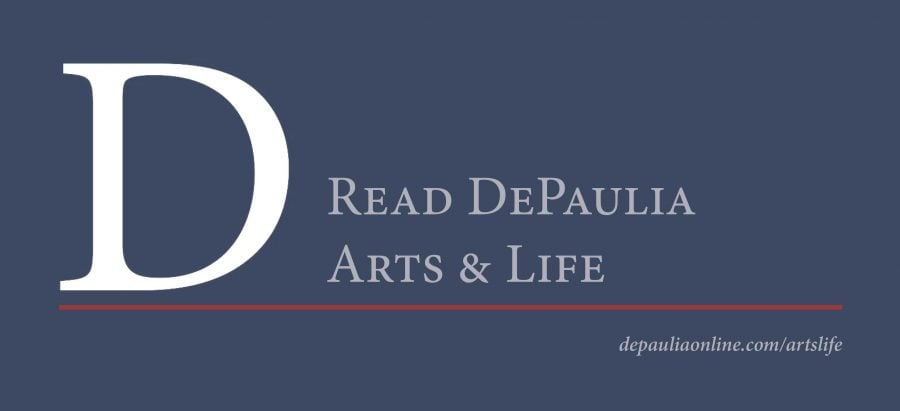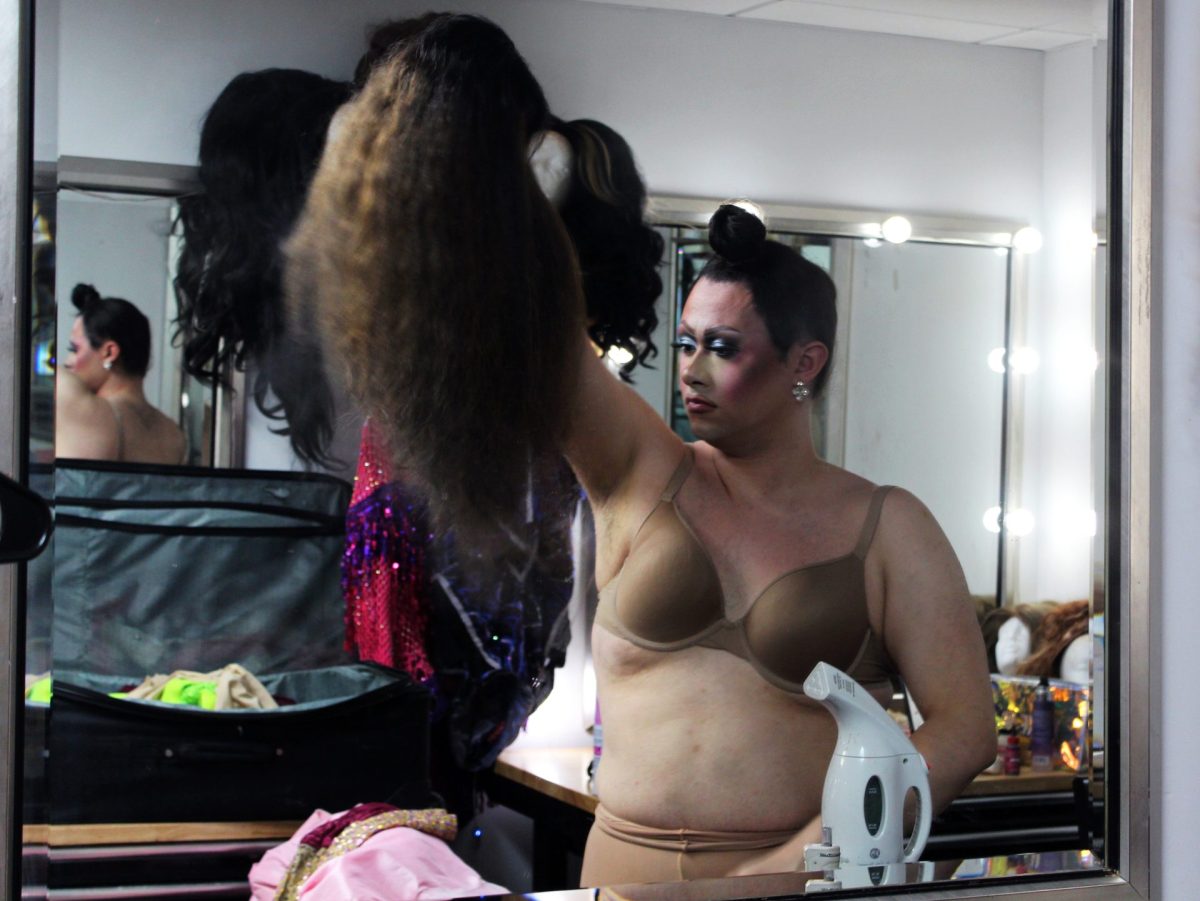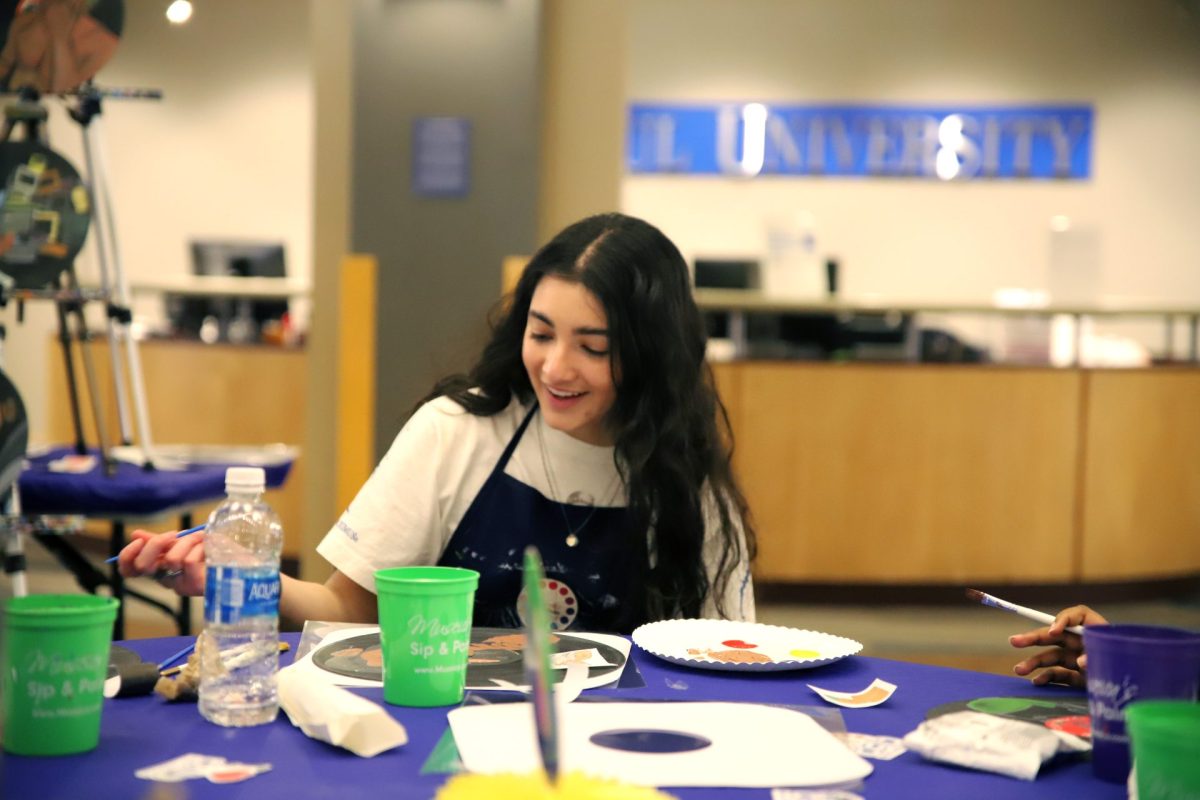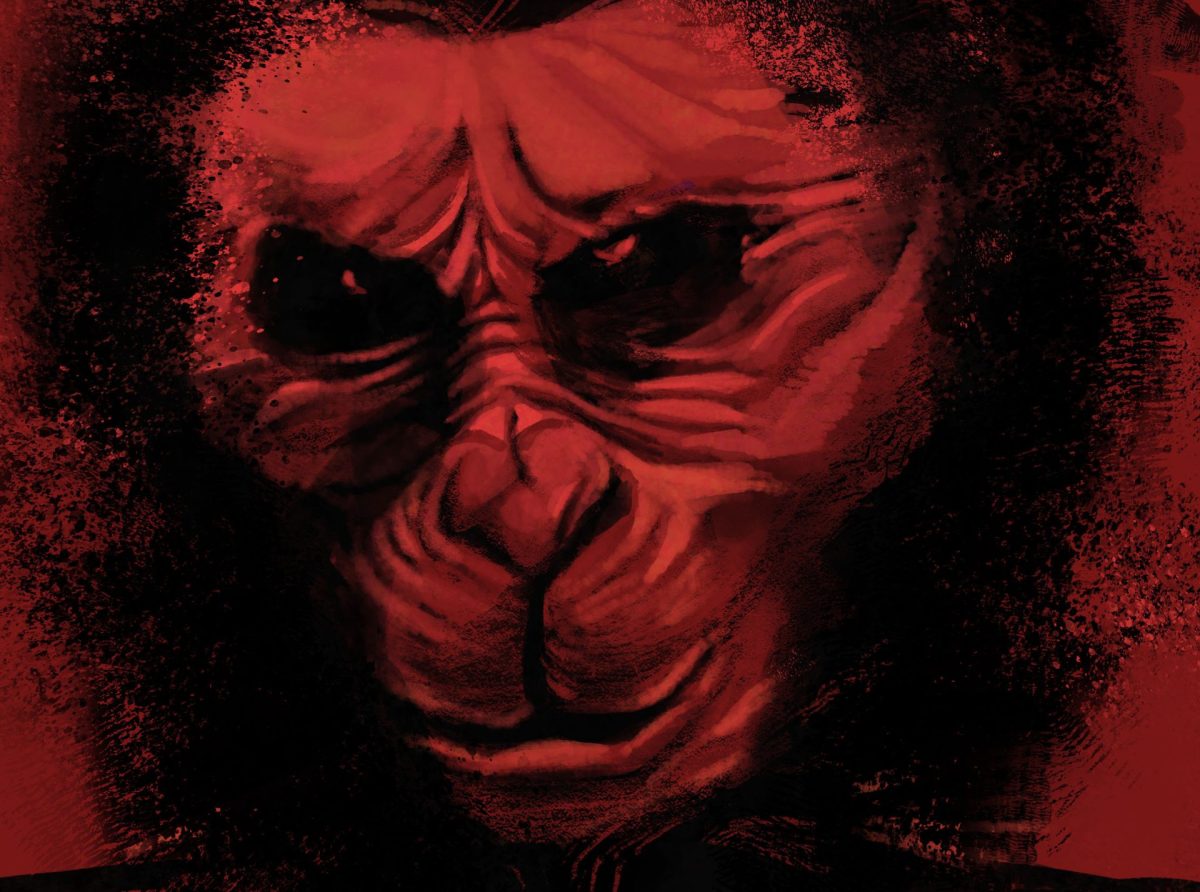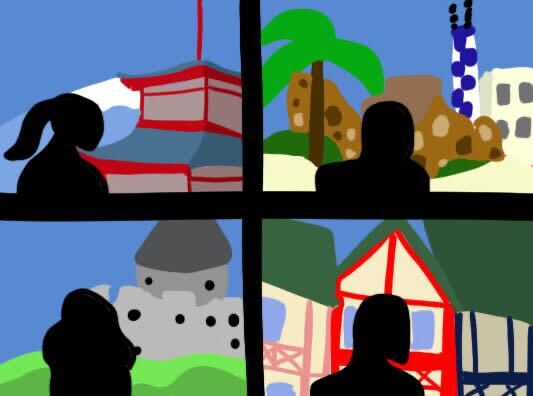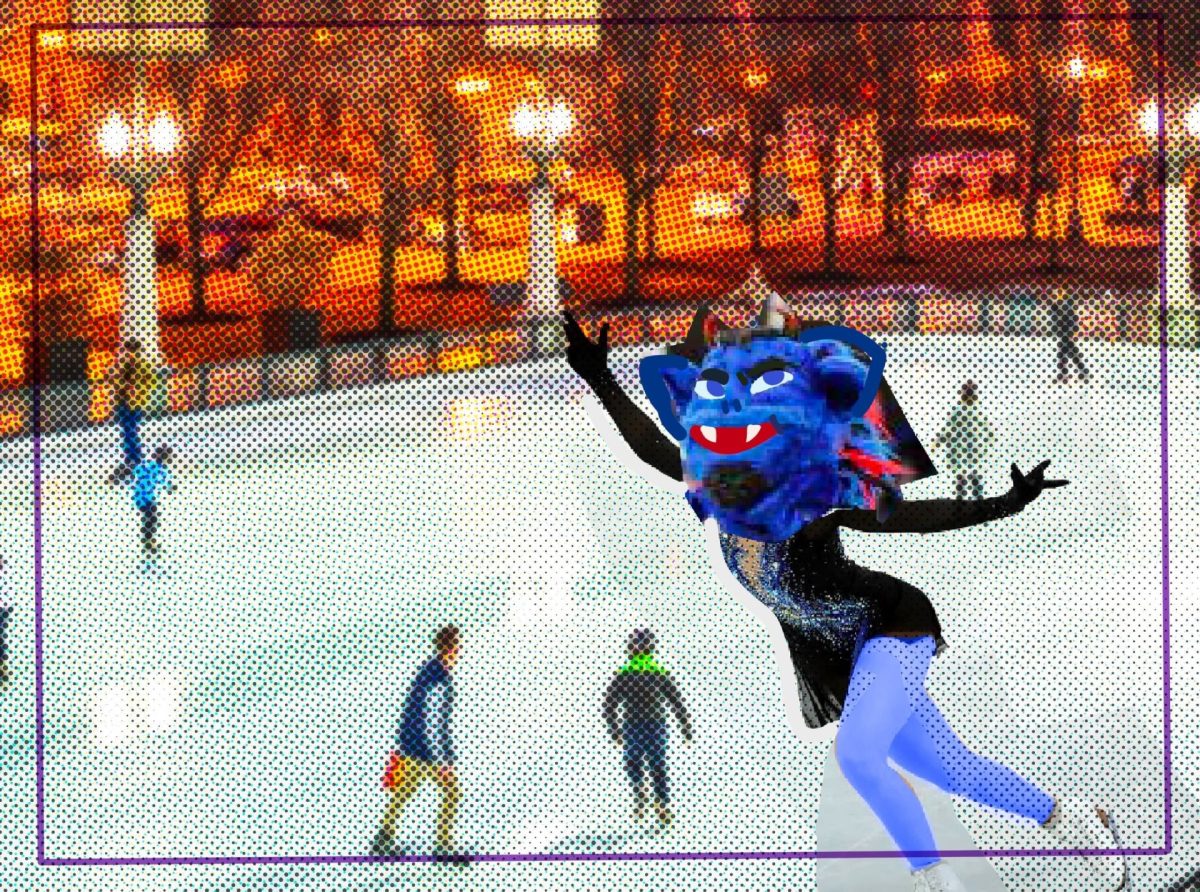“Making the Novel Novel,” a lecture series in the works since last spring, started its year on Oct. 21 with an investigation into “The Ingenious Gentleman Don Quixote of La Mancha” by Miguel de Cervantes Saavedra.
Many consider “Don Quixote” the first novel ever constructed, making it a good fit to kick off the series. This year also marks the 400-year anniversary of its full publication, calling for a celebration of the book in the context of today, and a reexamination of an unexpected and postmodernist work, as Director of the DePaul Humanities Center (DHC) Peter Steeves called it.
Steeves artistically coordinated the event, and began the night with a prologue to the novel and to the lecture series. He further elaborated that “what it means for a novel to act like a novel” is a central theme for the DHC events of the upcoming year.
Sophomore Angelika Nyblom and senior Alina Altmyer attended the lecture for their Spanish 201 class. They were considering presenting a project revolving around the novel, and came to learn the “culture” of the story, they said.
“Making the Novel Novel” aims to incorporate performances, lectures, and discussion in order to examine a text from as many angles as possible. In the same way these valuable texts are multifaceted, so can discussion be revealing, said Steeves. Within this mission, two speakers and two dancers presented at the event.
Professor Stefan Vander Elst, a visiting fellow of the DHC, first presented on the historical perspectives surrounding “Don Quixote.” He examined how the author related to the context of the ongoing Crusades, and how war propaganda spread around Spain. Steeves described Vander Elst as a “perfect fit” for lecture because of his expertise on medieval history.
The series aims to incorporate artistic performances as a means of storytelling. After the first speaker, two dancers individually took the stage to offer interpreted inspiration from the novel.
Danielle Meijer, an adjunct professor of philosophy here at DePaul and the artistic director of Aleph World Fusion Dance, who Steeves complimented as a “deep and creative thinker on many fronts,” performed to 1600s-style music with elements both from the nobility and the Romani sounds of a peasant class in a traditional and proper style.
Next, Wendy Clinard, founder and artistic director of Clinard Dance, who specializes in contemporary dance rooted in flamenco, offered two passionate dances, the first a traditional soleá, a lamenting flamenco dance, and the second with more “gestural and deconstructive” movement, said Steeves. Clinard’s daughter Sophia helped with the dance.
“The dancers were just incredible,” senior Molly Dannenberg said.
Stephen Miller, a professor of Hispanic Studies at Texas A&M, followed the dances with his presentation about how illustrators, artists, and readers have responded to the novel. He presented several artistic representations of scenes from the novel, many of them by Salvador Dalí, considering the idea of how an illustration can change perception of a novel.
After the presentation, the performance artists and guest speakers returned to the stage together forming a discussion panel of multiple perspectives. The audience was eager to hear more about what the Dalí art revealed about the novel, and how history might have influenced Cervantes.
The DHC hopes, with the Making the Novel Novel series, to take classic novels and put them into a new perspective, showing you that you didn’t know quite as much as you thought, and that returning to a classic work with new eyes is valuable, said Steeves. “Lolita” and “Moby Dick” are the other novels to be looked at within the same context, as well as Christian Bök’s “The Xenotext.” The DHC has several other events planned through the academic year.
“I have come to many Humanities Center events in the past. They’re all brilliant,” Dannenberg said.
According to the DePaul University Library website, the library has over thirty editions of the classic novel.


